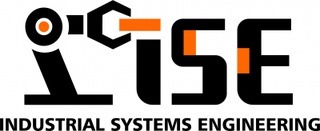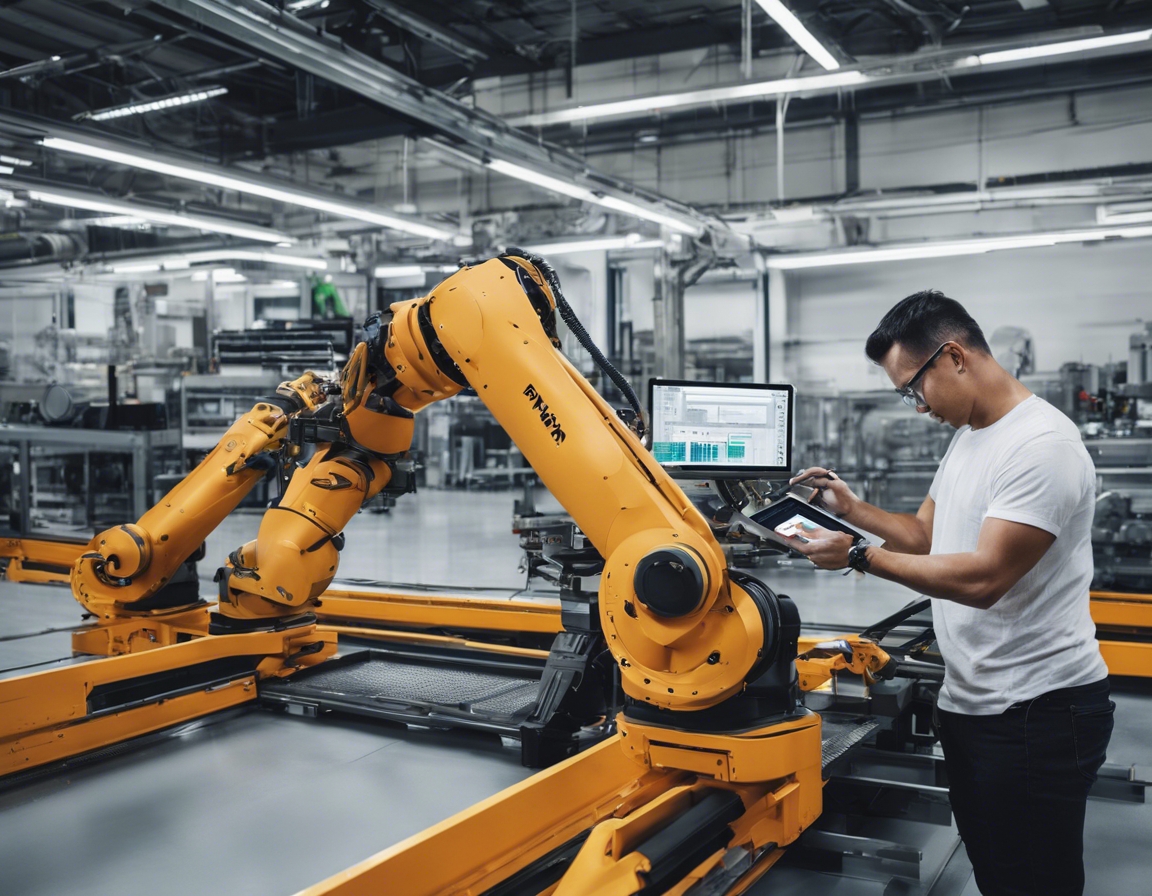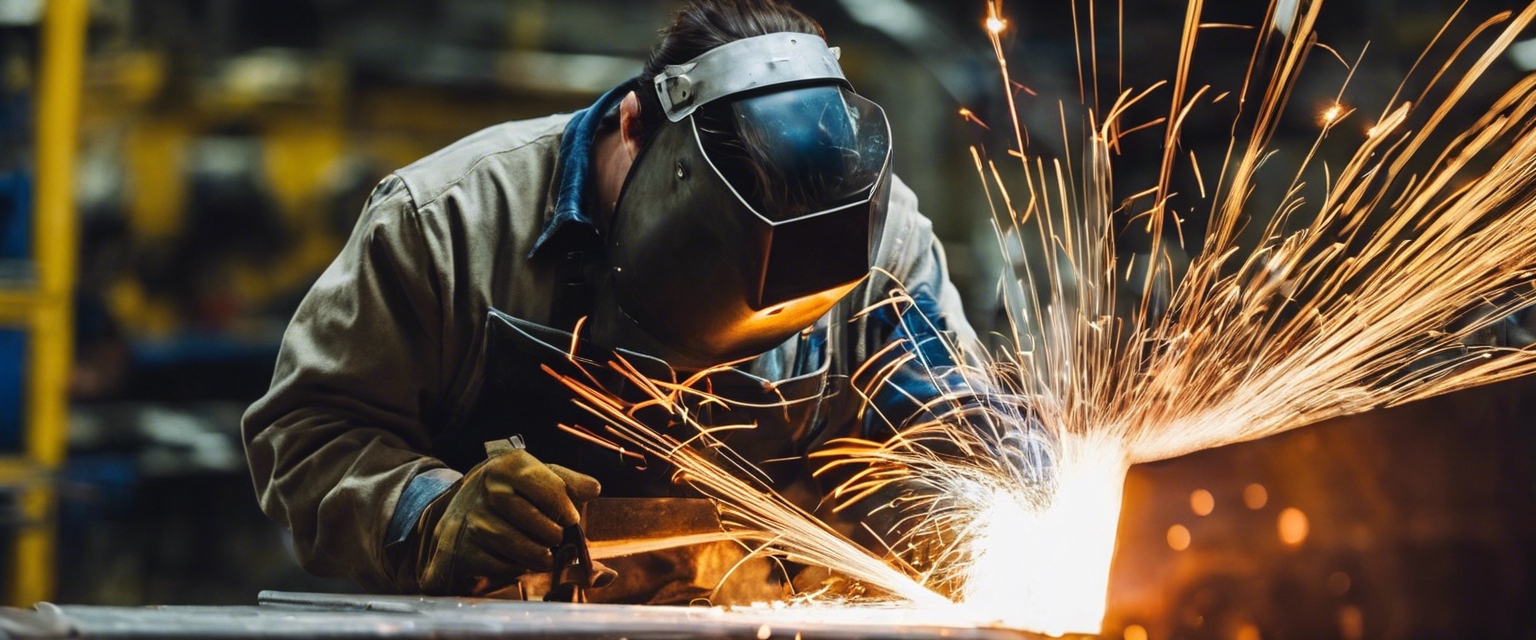Maximizing efficiency with custom automation
Custom automation refers to the design and implementation of bespoke automated systems tailored to meet the unique requirements of a business's production processes. Unlike off-the-shelf solutions, custom automation considers the specific challenges and goals of a company, ensuring a perfect fit for their operational needs.
Every industry has its own set of complexities and nuances. Custom automation allows for a level of precision and adaptability that generic systems cannot provide, leading to greater efficiency and a competitive edge in the market.
Understanding the Needs of Modern Industries
Today's industrial landscape is marked by rapid technological advancements, increasing demand for high-quality products, and the need for sustainable practices. Companies face the challenge of keeping up with these demands while maintaining profitability.
Efficiency audits and process analysis are critical in pinpointing areas where custom automation can make the most significant impact. This could range from material handling to assembly line optimization.
The Role of INDUSTRIAL SYSTEMS ENGINEERING OÜ in Custom Automation
INDUSTRIAL SYSTEMS ENGINEERING OÜ brings over two decades of experience in engineering custom automation solutions that cater to the intricate needs of diverse industries. Our team of experts works closely with clients to develop systems that are not just efficient but also scalable and future-proof.
Our approach encompasses every stage of automation, from initial design to final implementation, ensuring a seamless transition to automated processes for our clients.
Benefits of Custom Automation for Efficiency
Custom automation systems are engineered to optimize production rates while maintaining product quality, leading to a significant increase in throughput and consistency across batches.
Automated systems provide precise control over production processes, resulting in fewer errors and a higher standard of product quality.
By streamlining processes and reducing the need for manual labor, custom automation can lead to substantial cost savings in the long run.
Key Components of an Effective Custom Automation System
State-of-the-art robotics and sophisticated control systems form the backbone of any custom automation solution, enabling complex tasks to be performed with high precision and reliability.
A successful custom automation system must integrate seamlessly with a company's existing processes, enhancing them without causing disruptions.
Real-time data analytics and monitoring capabilities are essential for optimizing performance and making informed decisions based on actionable insights.
Steps to Implementing Custom Automation in Your Business
The first step towards custom automation is a thorough assessment of current processes and identifying key areas for improvement. This involves setting clear objectives and planning for integration.
Based on the assessment, a custom design is created to address the specific needs of the business. This phase is where INDUSTRIAL SYSTEMS ENGINEERING OÜ's expertise shines, as we engineer solutions that are both innovative and practical.
Following the design phase, the custom automation system is installed, rigorously tested, and fine-tuned to ensure optimal performance and efficiency gains.






Comments (0)